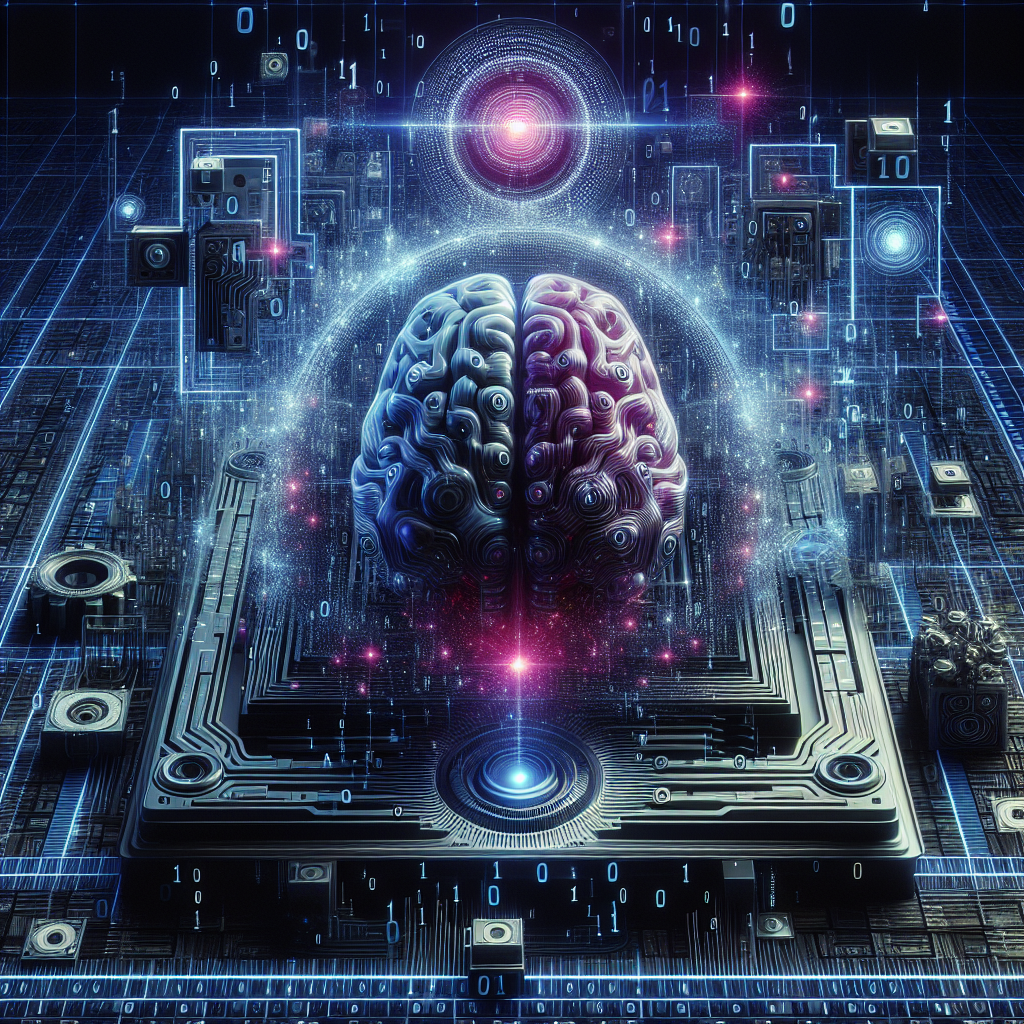Artificial General Intelligence (AGI) and the Singularity have been hot topics in the field of artificial intelligence (AI) for quite some time now. The idea that machines could one day surpass human intelligence and potentially lead to a new era of civilization has both excited and worried many people. In this article, we will delve into the concepts of AGI and the Singularity, explore the potential implications of these advancements, and address some common questions and concerns.
What is Artificial General Intelligence (AGI)?
Artificial General Intelligence, or AGI, refers to a type of artificial intelligence that possesses the ability to understand, learn, and apply knowledge in a manner similar to human intelligence. Unlike narrow AI systems that are designed to perform specific tasks, AGI is intended to have a broad range of intellectual capabilities that allow it to solve a variety of complex problems.
The development of AGI has long been a goal of AI researchers, as it represents a significant leap forward in the field of artificial intelligence. While narrow AI systems have proven to be incredibly useful in specific domains such as image recognition, natural language processing, and game playing, they lack the general cognitive abilities that humans possess. AGI aims to bridge this gap and create machines that can think, reason, and learn in a more human-like manner.
What is the Singularity?
The Singularity is a hypothetical point in the future at which technological advancements, particularly in the field of artificial intelligence, lead to a rapid and exponential increase in machine intelligence. This concept was popularized by futurist Ray Kurzweil, who predicted that by the year 2045, machines would surpass human intelligence, leading to a profound transformation of society.
The idea behind the Singularity is that once machines reach a certain level of intelligence, they will be able to improve themselves at an accelerating rate, leading to a runaway effect known as “intelligence explosion.” This could result in machines becoming vastly more intelligent than humans in a relatively short period of time, potentially leading to unforeseen consequences.
Will Machines Surpass Human Intelligence?
The question of whether machines will surpass human intelligence is a complex and controversial one. While some experts believe that AGI and the Singularity are inevitable and could have a transformative impact on society, others are more skeptical of these predictions.
One argument in favor of machines surpassing human intelligence is based on the idea of technological progress. As AI technologies continue to advance at a rapid pace, it is possible that we will eventually reach a point where machines are capable of outperforming humans in a wide range of intellectual tasks. This could lead to significant advancements in fields such as healthcare, finance, and science, as well as the creation of new industries and job opportunities.
On the other hand, there are concerns about the potential risks and ethical implications of AGI and the Singularity. Some experts worry that superintelligent machines could pose a threat to humanity if they are not properly controlled or aligned with human values. There are also concerns about the impact of automation on the job market, as AI technologies could potentially replace human workers in many industries.
FAQs
Q: Will AGI be able to experience emotions like humans do?
A: It is currently unclear whether AGI will be able to experience emotions in the same way that humans do. While some researchers believe that it may be possible to create machines that can simulate emotions, others argue that true emotional intelligence requires a level of understanding and empathy that is beyond the capabilities of AI.
Q: What are some potential benefits of AGI and the Singularity?
A: Some potential benefits of AGI and the Singularity include advancements in healthcare, science, and technology, as well as the creation of new industries and job opportunities. AGI could also help to address complex societal challenges such as climate change, poverty, and inequality.
Q: What are some potential risks of AGI and the Singularity?
A: Some potential risks of AGI and the Singularity include the possibility of machines surpassing human intelligence and posing a threat to humanity. There are also concerns about the impact of automation on the job market, as AI technologies could potentially lead to widespread unemployment and economic instability.
In conclusion, AGI and the Singularity represent exciting possibilities for the future of artificial intelligence. While the idea of machines surpassing human intelligence raises a number of important questions and concerns, it is clear that these advancements have the potential to revolutionize society in ways we can only begin to imagine. It is important for researchers, policymakers, and the public to engage in thoughtful discussions about the implications of AGI and the Singularity in order to ensure that these technologies are developed and deployed in a responsible and ethical manner.

